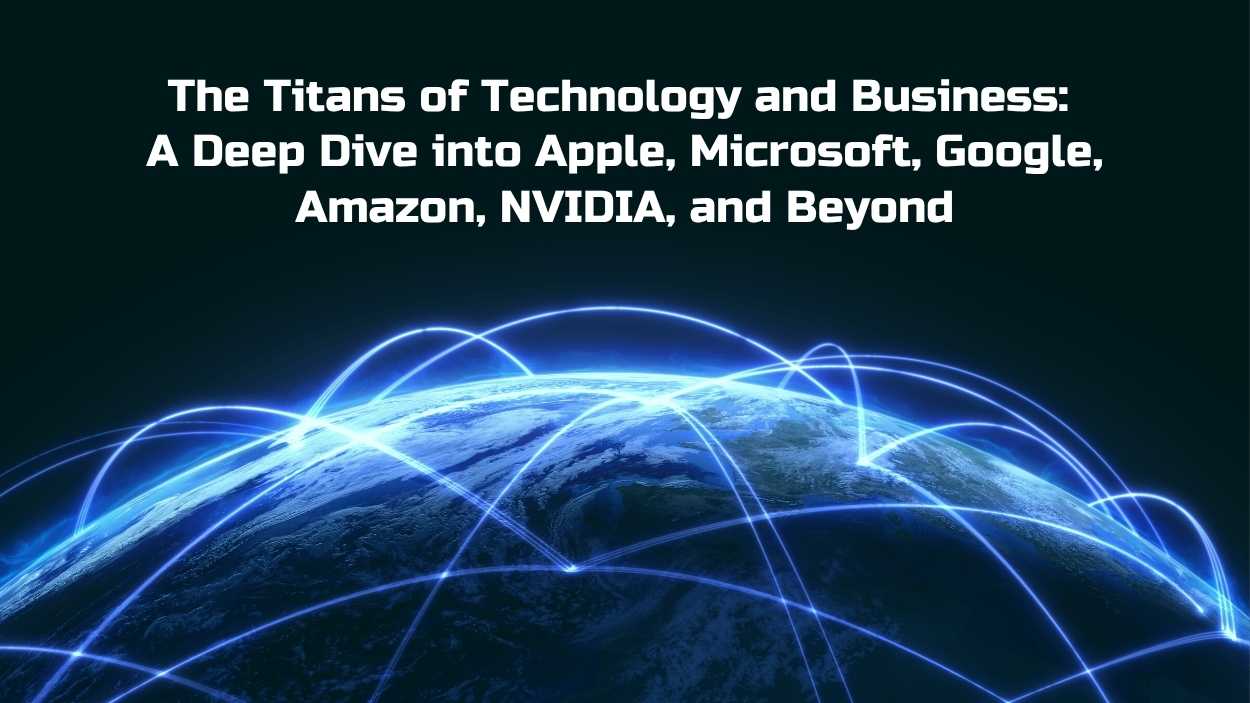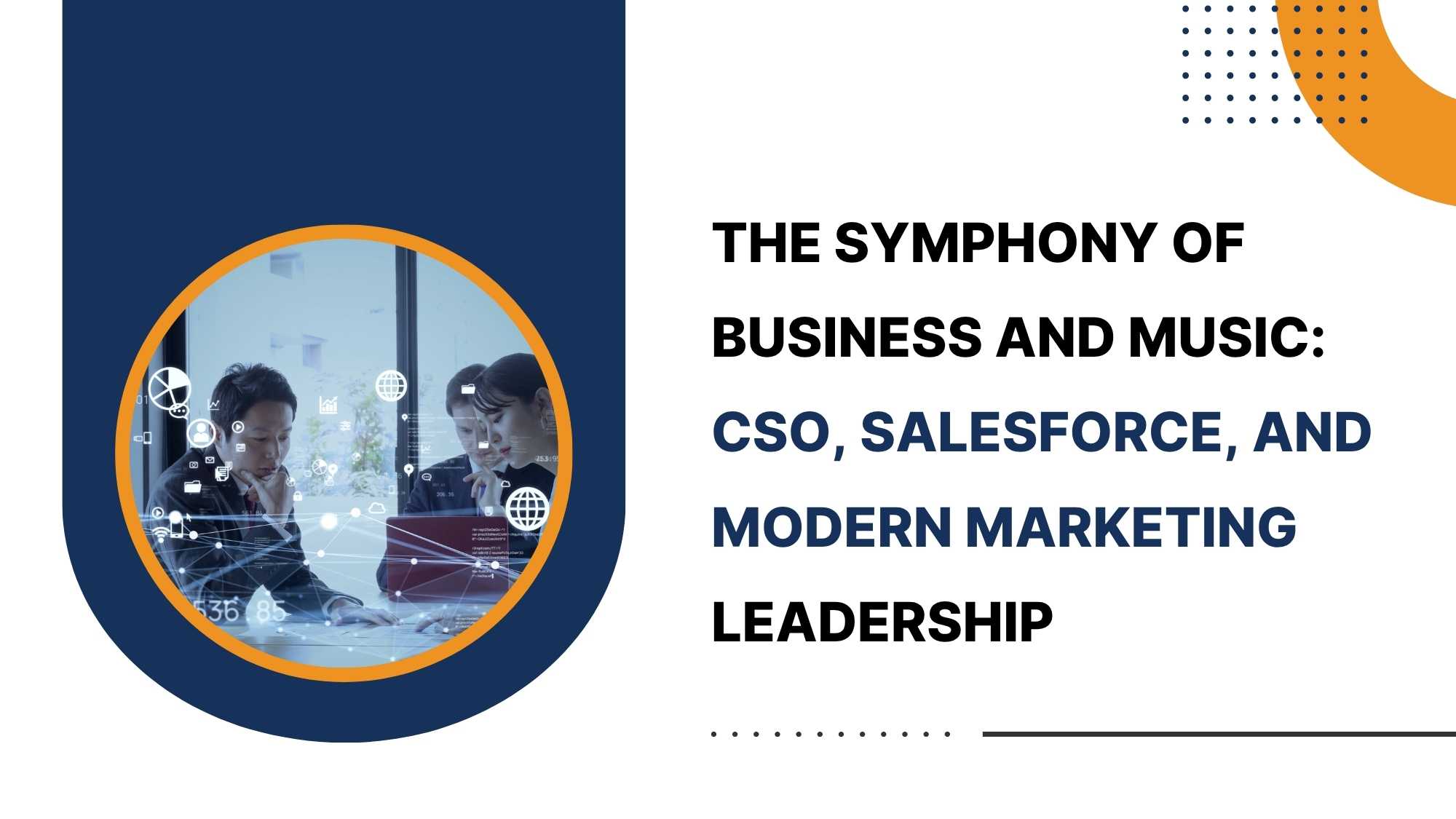In today’s hyperconnected world, technology companies shape not just how we work, but how we live, learn, and think. The giants—Apple, Microsoft, Google, Amazon, NVIDIA, Samsung, and others—form a global ecosystem of innovation, competition, and collaboration. From AI advancements and data privacy to consumer electronics and cloud infrastructure, these brands define the architecture of the modern digital age.
This article explores their influence, technology, and the challenges they face—from software bugs and repair costs to sustainability and data privacy.
Apple: Innovation Through Ecosystem and Experience
Apple remains the gold standard for design, privacy, and seamless integration across devices. The iPhone, MacBook, Apple Watch, and AirPods create a connected ecosystem that encourages loyalty and continuity. Regular iOS updates enhance performance and security, though users occasionally face software bugs and high repair costs.
Every Apple Event draws global attention, unveiling not just products but experiences. Apple’s commitment to privacy—positioning it as a core user right—differentiates it in an era of data monetization. Yet, its closed ecosystem also sparks debate about accessibility and competition. For millions, however, the allure of Apple lies in its harmony of hardware, software, and aesthetics—a symphony of technology and trust.
Microsoft: Powering Productivity and the Cloud Era
Microsoft continues to be the backbone of the modern enterprise. With products like Windows, Office 365, and Teams, it dominates workplace productivity. Beyond software, the Surface lineup exemplifies design innovation, blending portability with power.
Cloud services through Azure have made Microsoft a key player in digital transformation, rivaling AWS and Google Cloud. Its analytics platform, Power BI, empowers businesses to make data-driven decisions with precision. Frequent security updates and strong licensing protocols protect enterprise networks from cyber threats.
Microsoft’s shift toward cloud computing and subscription models reflects its evolution from software vendor to service ecosystem—bridging business efficiency with digital intelligence.
Google: The AI-Driven Information Universe
Google is the heartbeat of the internet. From Search and YouTube to Android and Google Maps, it dominates everyday digital life. Its Pixel devices showcase hardware excellence, while Chrome extensions and Workspace tools drive global productivity.
In the AI era, Google’s AI tools and deep learning frameworks redefine innovation—from predictive analytics to generative creativity. However, data privacy concerns remain a consistent challenge, as users question how their personal information fuels Google’s advertising empire.
Despite this, Google’s mission to “organize the world’s information and make it universally accessible” continues to shape global knowledge infrastructure. Its technological reach is unmatched, yet its responsibility to manage information ethically grows with every innovation.
Amazon: The Empire of Convenience and Cloud Dominance
From doorstep delivery to enterprise-scale AWS solutions, Amazon is a study in scale and efficiency. Its Prime membership integrates discounts, reviews, and streaming content into one seamless consumer experience. Meanwhile, Alexa and Echo devices pioneer voice-first technology, transforming homes into smart ecosystems.
On the business side, Amazon Web Services (AWS) leads global cloud computing, powering startups, governments, and Fortune 500 companies alike. Yet, the brand faces scrutiny over seller policies and labor practices in its massive marketplace.
Despite controversy, Amazon’s influence is undeniable—it defines modern e-commerce logistics and continues to expand its digital empire through innovation and relentless optimization.
NVIDIA: The Powerhouse of AI, Gaming, and Deep Learning
NVIDIA stands at the center of modern computing’s most transformative fields. Its GPUs drive breakthroughs in AI, gaming, and deep learning, powering industries from healthcare to robotics. The RTX series has redefined visual realism, while CUDA and CUDA cores have become the backbone of scientific computation.
NVIDIA’s leadership extends beyond gaming laptops into enterprise AI platforms and cryptocurrency mining hardware. Frequent driver updates optimize performance across applications, while energy efficiency and innovation remain key priorities.
By uniting creativity, science, and speed, NVIDIA has evolved from a gaming brand into an AI infrastructure titan—a company shaping not just entertainment, but the future of machine intelligence.
Samsung: Innovation and Competition in the Smart Device Era
Samsung continues to challenge the boundaries of design and engineering. Its Galaxy smartphones and foldable phones redefine mobile flexibility, while QLED TVs and Exynos processors showcase its technological depth.
With consistent software updates and innovations in camera quality and battery life, Samsung balances creativity and reliability. Its smartwatch lineup integrates health and fitness with connectivity, building a comprehensive ecosystem rivaling Apple’s.
Samsung’s focus on display technology and sustainability places it at the forefront of consumer electronics—where innovation meets accessibility for users across every budget.
Instagram: Creativity, Connection, and the Algorithm Age
Instagram has become more than a photo-sharing app—it’s a cultural phenomenon. With features like Reels, Stories, and creator tools, it’s the platform where influencers and brands define modern engagement.
Discussions about the Instagram algorithm, shadowban, and ads dominate Reddit forums, as users seek better growth tips and visibility. The platform’s evolving focus on influencers and commerce reflects the growing blend of creativity and entrepreneurship.
While critics argue that algorithms drive unrealistic comparisons, Instagram remains a digital gallery of human experience—a reflection of creativity, connection, and modern identity.
McDonald’s: Tradition, Transformation, and Sustainability
Beyond technology, global brands like McDonald’s exemplify innovation in other forms. Its evolving menu, new items, and promotions adapt to changing tastes, while its digital app offers enhance convenience.
The brand’s focus on sustainability—from renewable packaging to reduced emissions—reflects a new era of corporate responsibility. With its global franchise model, McDonald’s continues to shape the quick-service restaurant industry while investing in nutrition education and eco-friendly initiatives.
Oracle: The Cloud Backbone of Global Enterprises
Oracle remains a cornerstone of enterprise infrastructure. Its expertise in database management, cloud computing, and ERP systems drives organizations worldwide. Solutions like Fusion applications and SaaS integrations help streamline business operations.
However, licensing complexity and high costs have sparked debate. Still, Oracle’s focus on security, acquisitions, and customer support keeps it competitive in the enterprise ecosystem. Its hybrid cloud strategy enables flexibility—meeting businesses where they are on their digital journey.
Visa: The Engine of Global Digital Payments
Visa powers the modern financial ecosystem through credit cards, contactless payments, and secure digital transactions. With cutting-edge fraud protection and partnerships across industries, Visa enables global commerce to function seamlessly.
As financial technology advances, Visa continues to innovate through digital payments infrastructure and real-time data analysis. Its focus on security and rewards ensures both trust and customer loyalty. In an increasingly cashless world, Visa remains a bridge between tradition and technology—facilitating billions of secure transactions daily.
The Interconnected Future: Where Technology and Humanity Meet
Each of these companies represents a unique strand of a global web of innovation. Apple’s ecosystem, Microsoft’s productivity tools, Google’s AI, Amazon’s logistics, NVIDIA’s deep learning, and Samsung’s design collectively define modern life.
As consumers and professionals, we live at the crossroads of convenience and complexity. From AI tools to privacy concerns, the digital landscape demands both awareness and adaptation. The future will not be defined by technology alone but by how responsibly it is used—to empower, connect, and sustain the human experience.













